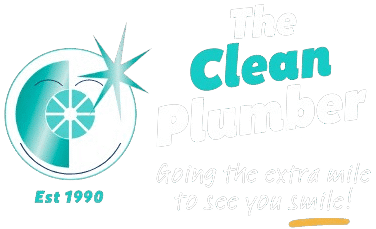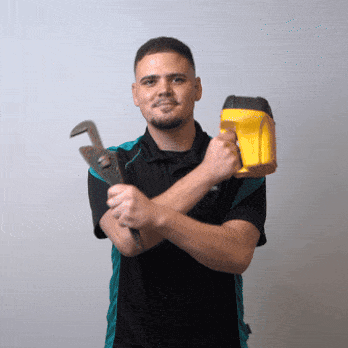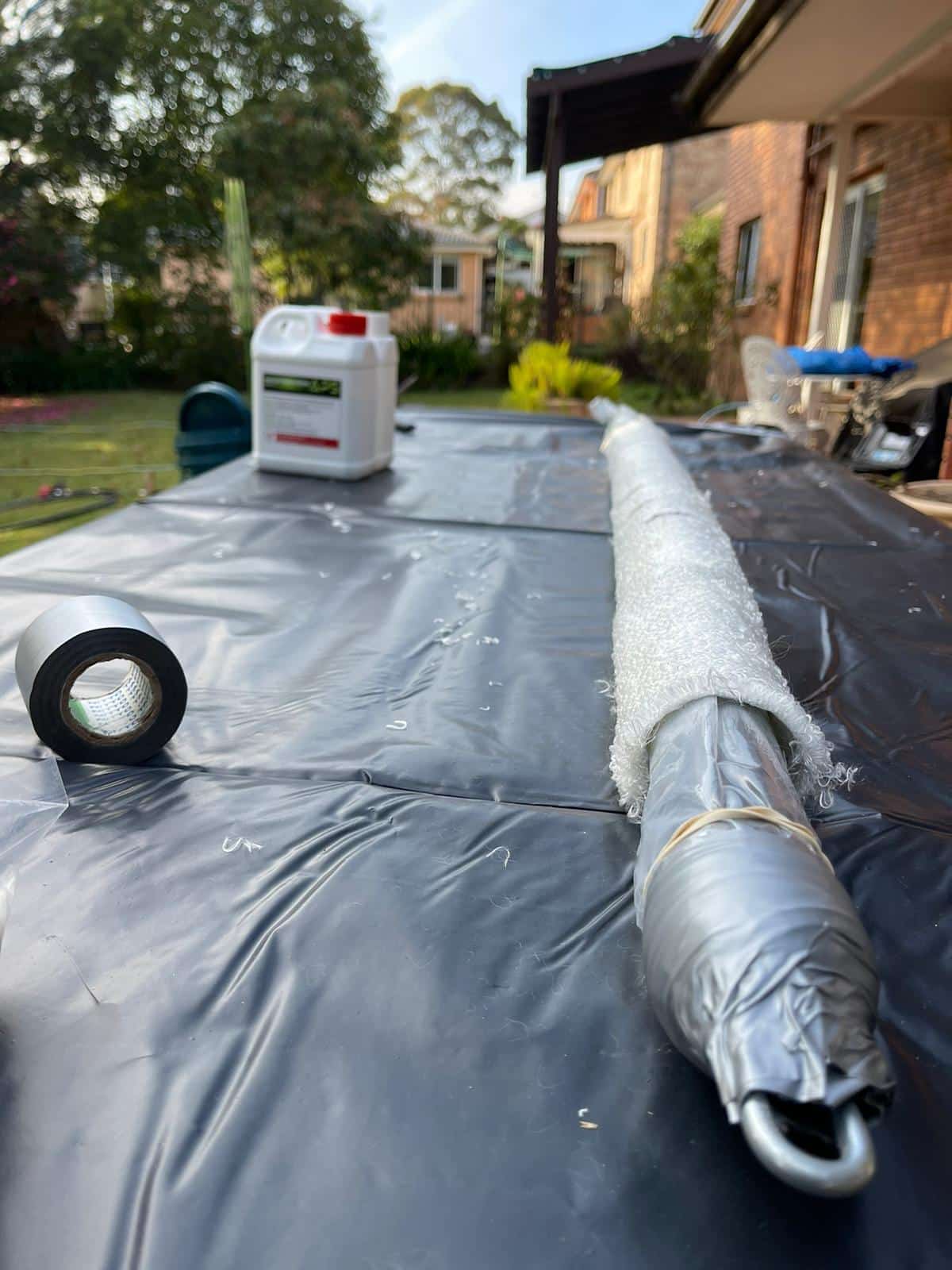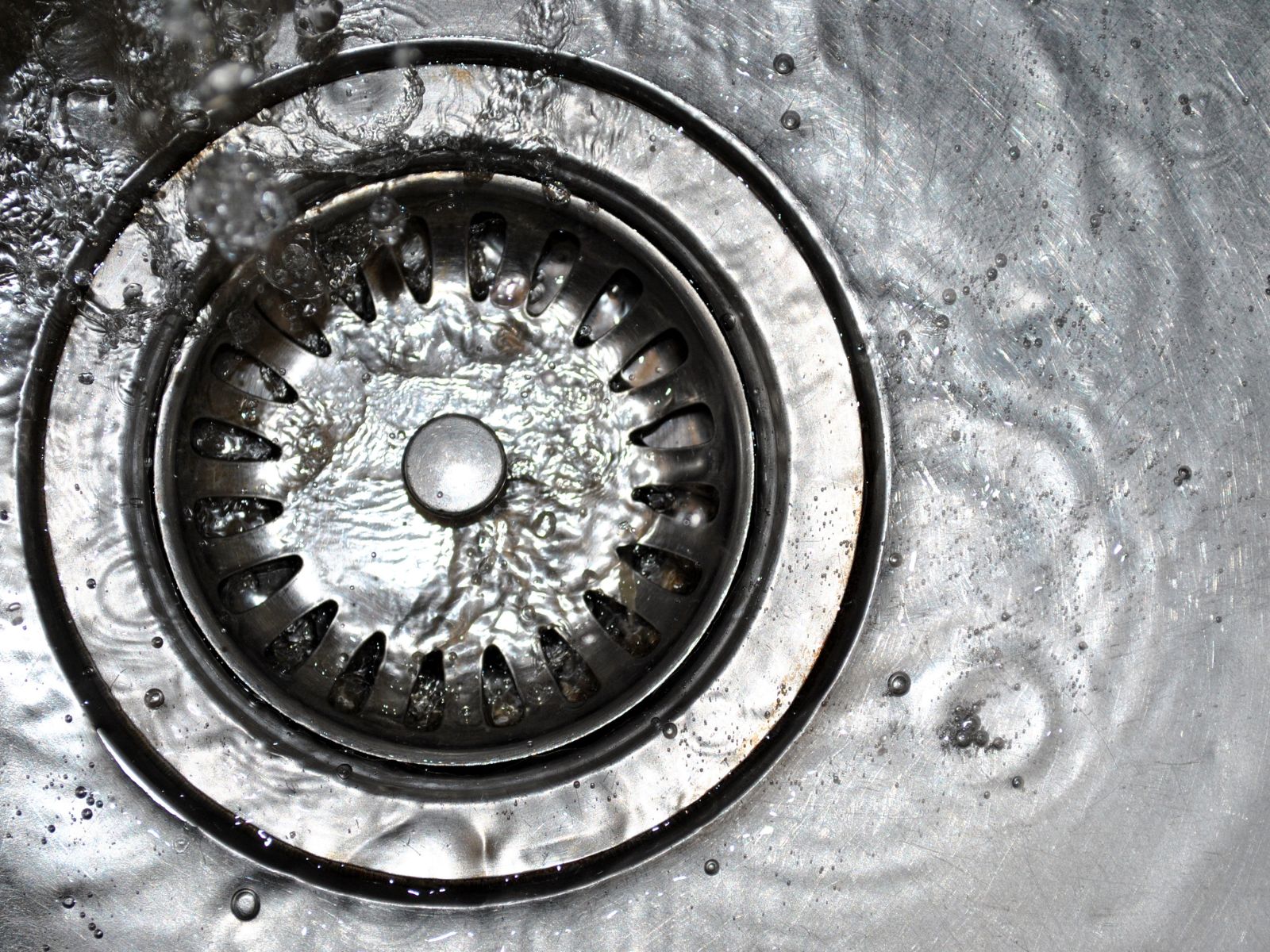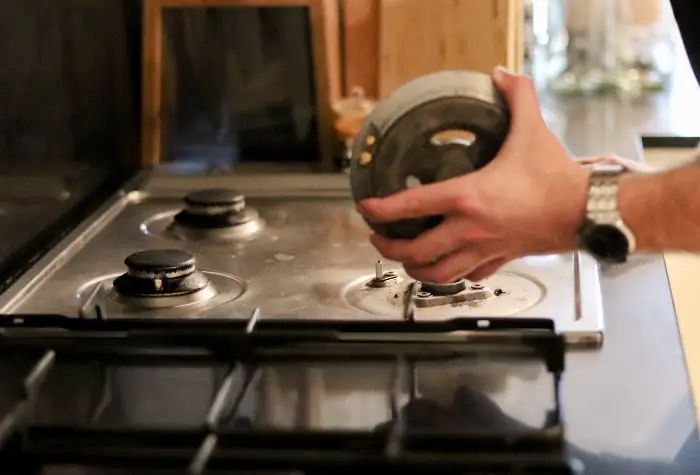Water hammer is more than just an annoying plumbing quirk—it can signal issues within your system that, if left unchecked, may lead to damaged pipes or costly repairs. Fortunately, with a bit of know-how, many Australian homeowners can take steps to implement water hammer solutions address and even prevent water hammer altogether. Let’s dive into what water hammer is, how to recognise it, and what you can do to stop it.
What Is Water Hammer and Why It Happens
Water hammer, technically known as hydraulic shock, occurs when the flow of water through pipes is suddenly halted or redirected. This abrupt change causes the shock waves created to reverberate through your plumbing system, often resulting in loud banging or knocking sounds in the walls or under the floor.
Common causes include:
- Fast-closing valves: Many modern appliances like washing machines and dishwashers have solenoid valves that shut water off quickly, creating a pressure spike.
- Sudden pressure changes: Turning a tap off too quickly or having multiple appliances running at once can contribute to these pressure fluctuations.
- Loose plumbing: If your pipes aren’t properly secured, the force of water hammer can cause them to vibrate or knock against studs and walls, amplifying the sound.
Signs You Might Be Dealing with Water Hammer
While the loud noise of sudden banging noises is the most obvious sign, there are other symptoms that may indicate you’re dealing with water hammer or related plumbing issues:
- Noise after turning off taps: If you hear a thud or bang right after shutting off a tap, it’s likely water hammer.
- Appliance-related noises: When your washing machine or dishwasher finishes a cycle, do you hear a knock? That could be the fast-closing valve causing a pressure wave.
- Recurring sounds: If the noise is consistent or getting worse, it might point to underlying issues such as loose pipes or deteriorating valve components.
It’s important not to ignore these warning signs. Ongoing water hammer can eventually cause severe damage to joints, seals, and even burst pipes.
Quick Fixes You Can Try at Home
If you’re comfortable with a bit of DIY, there are several simple water hammer fix ideas you can try before calling in a plumber:
1. Turn Off the Mains and Drain the System
Start by switching off your home’s main water supply. Then, open all the taps in your house—starting from the top floor and working your way down to the next nearest tap. This allows air to enter the system and clears any built-up pressure. Once drained, close all the taps and turn the water back on slowly.
2. Check and Replace Tap Washers
Worn-out tap washers can worsen water hammer by allowing water to flow unevenly. If you notice a specific tap causing the noise, inspect its washer and replace it if needed.
3. Secure Loose Pipes
Inspect visible plumbing under sinks or in the roof space, including any exposed supply lines. Pipes that aren’t firmly clipped down can bang against surfaces when pressure changes. Use pipe clips or brackets to secure them to nearby joists or studs.
These low-risk fixes often resolve minor cases of water hammer, especially in an old house with older plumbing.
Installing Water Hammer Arrestors or Air Chambers
For more stubborn cases, you might consider fitting water hammer arresters or air chambers as a long-term solution:
Water Hammer Arrestors
These are mechanical devices installed near a tap or appliance valve. They contain a sealed chamber with a piston or diaphragm that compresses air to absorb the shockwave when water flow is suddenly stopped.
Air Chambers
A more traditional solution, these are vertical sections of pipe filled with air pockets, acting as a cushion for the pressure surge.
Both options are effective, but hammer arrestors tend to be more reliable long-term as air chambers can become waterlogged and lose their effectiveness.
When to install them:
- Behind washing machines or dishwashers
- Near fast-acting valves
- In areas where banging is most noticeable
A licensed plumber can easily fit these for you, or if you’re confident with basic plumbing, you may install them yourself with compression fittings.
Adjusting Water Pressure
Excessively high-water pressure is a leading cause of water hammer in Australian homes. Ideally, your household pressure should be controlled by a pressure limiting valve and between 350–500 kPa.
How to Check Your Water Pressure
You can buy a simple pressure gauge from a hardware store and attach it to an outdoor tap. If your pressure exceeds 500 kPa, you may need a pressure-reducing valve.
Installing a Pressure-Reducing Valve (PRV)
PRVs are often fitted at the water meter to regulate the pressure coming into your home. If your home doesn’t have one, or if your existing valve is old or faulty, it’s worth having it inspected or replaced.
When Water Hammer Is Linked to Appliances
Some household appliances are notorious for causing water hammer due to the way they control water flow:
- Washing machines: Their quick shut-off valves are a common culprit.
- Dishwashers: Especially when operating at high water pressure.
- Fridges with ice makers: These can trigger a thump when the valve closes.
Tips for Appliance-Related Hammer
- Use slow-close valves on the water supply lines.
- Check the solenoid valves inside the appliance for wear.
- Inspect flexible supply hoses—replace any that are old or kinked.
You can also try installing mini water hammer arrestors directly on the appliance inlet hoses and their intake connections, which is often enough to resolve the issue.
When to Call a Licensed Plumber
While DIY solutions can go a long way, particularly for fixing noisy pipes, there are times when it’s best to bring in a professional who knows how to stop water hammer:
- The noise persists despite trying home remedies
- There’s visible damage to pipes or joints
- You suspect hidden leaks or water stains appear on walls or ceilings
- You’re unsure about how to install arrestors or pressure-limiting devices
Australian plumbing standards require all plumbing work to be carried out by a licensed professional if it involves pipework alterations or connections to the mains. This ensures safety and compliance with local codes.
Preventative Tips for Long-Term Peace of Mind
Avoiding water hammer in the future often comes down to regular maintenance and a bit of foresight:
- Schedule plumbing inspections every few years to spot early issues.
- Replace old or corroded pipes as part of renovations or upgrades.
- Use pipe insulation to reduce vibration and noise transmission.
- Install slow-close taps and valves wherever possible.
- Consider upgrading your plumbing layout if you’re doing major works—modern systems are designed with water hammer in mind.
Frequently Asked Questions (FAQs)
What is the best way to stop water hammer?
Start by draining your system to clear excess pressure. If that doesn’t work, consider installing water hammer arrestors and checking your water pressure.
How to stop water hammer in Australia?
Ensure your water pressure is within the recommended range, secure loose pipes, and install arrestors near noisy appliances. Consult a licensed plumber for persistent issues.
Why do I suddenly have a water hammer?
Sudden changes in water usage, new appliances, or failing valves can trigger water hammer, leading to banging noises . It may also appear if your water pressure has increased or pipes have come loose.
How to fix a water hammer without a plumber?
You can drain your pipes, replace tap washers, secure exposed piping, and install basic water hammer arrestors from hardware stores—all to fix water hammer without professional help.
Final Thoughts
Water hammer might start as a nuisance, but it’s a problem worth addressing before it leads to something worse. From basic fixes to long-term professional solutions, Australian homeowners in places like gold coast can also find supplies at their local hardware store to stop those noisy pipes and enjoy a quiet, stress-free plumbing system.


